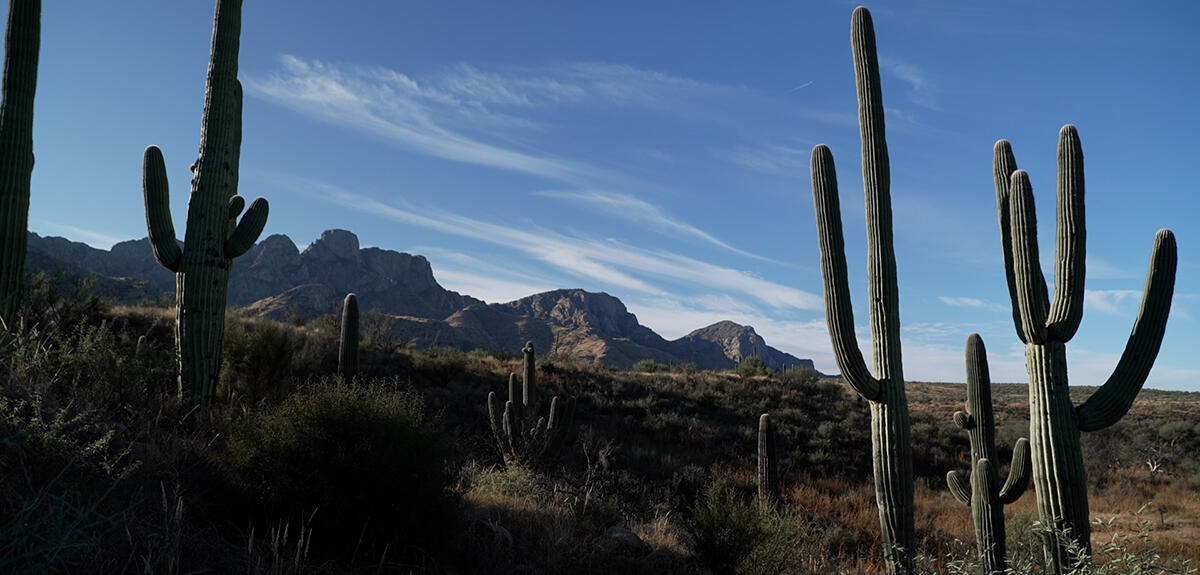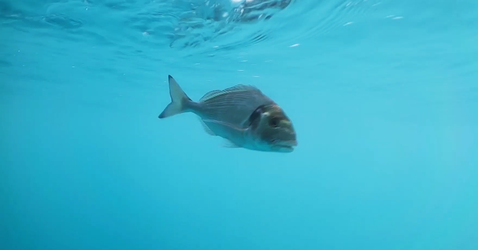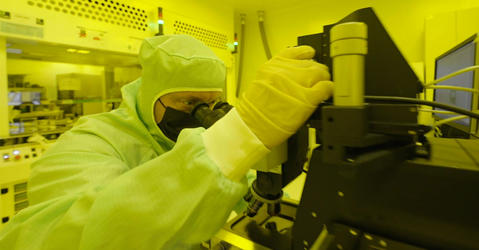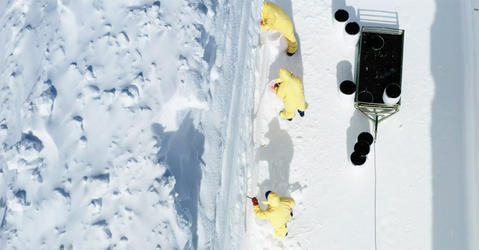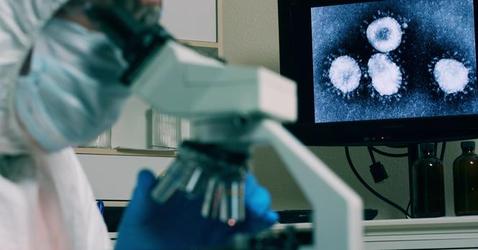You are here
Videos
The American Wild West, and especially Arizona, is not just cactuses, mountains and golden plains. Its dramatic landscapes are also audible. Anne Sourdril, a CNRS anthropologist, and her ecologist colleague Luc Barbaro have recorded the sounds of this ecosystem, so different from that in France.
Recent Videos
"Imagine stepping into a virtual world, walking through an orchard. You want to pick an apple, and when you grab it, you can feel it in your hand, as if it were real. Transforming the world...
How much longer will marine life be able to withstand rising temperatures? Find out more about how scientists are trying to determine the impact of global warming on the physiology and...
In order to sculpt their materials on the nanometric scale, when each speck of dust or infinitesimal vibration can compromise their work, physicists need cleanrooms that are insulated from all...
Notre-Dame Cathedral is the setting for a large-scale scientific study aimed at penetrating the building’s secrets and helping with its restoration. This film shows how researchers extract...
Because of its geographical location, pristine expanses and animal populations, the Antarctic has been a prized location for scientific research over the past few decades. Severely impacted by...
From the Neolithic period to modern times, from cattle plague to SARS-CoV-2, the emergence of new infectious diseases has often been the result of changes that mankind has inflicted on the...


